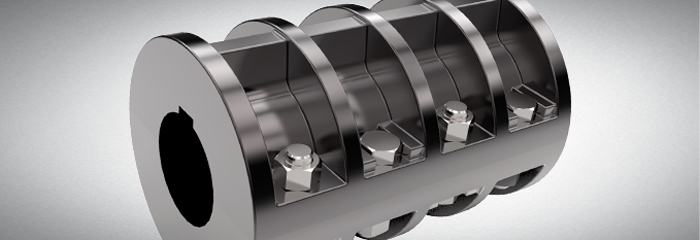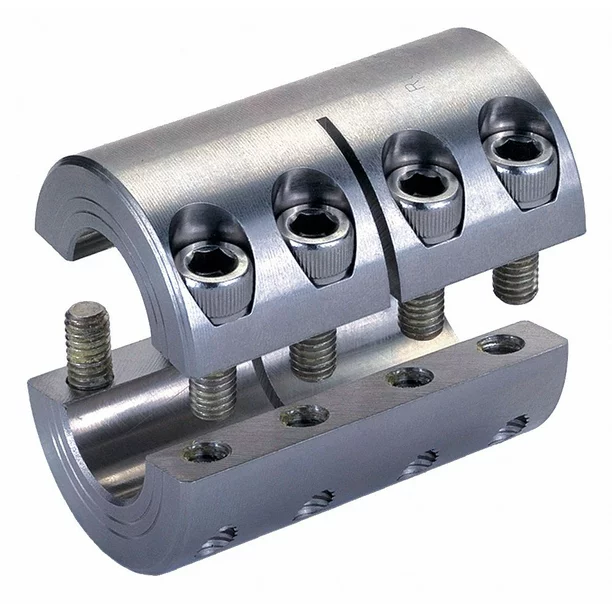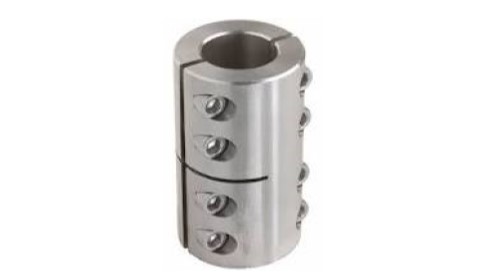Product Description
plum flower clamp shaft coupling D20L25 with aluminum alloy material
Product Description
plum flower coupling D25L30
| material | aluminum alloy | can do custom made |
| size | D25L30 | D14 L22 D105 L140 |
| prodcution time | 1-5 days | |
| type | clamp | can do top tight |
| structure | screw 95Amoderate colloidbody |
Detailed Photos
Product Parameters
Packaging & Shipping
Company Profile
ZheJiang SAIR MECHANICAL XIHU (WEST LAKE) DIS. CO.,LTD
ZheJiang SAIR IMPORT&EXPORT TRADING CO.,LTD
ZheJiang Sair group has 2 subsidiaries, 1 is ZheJiang Sair Mechanical Xihu (West Lake) Dis. Co., Ltd, which is mainly responsible for the production, and the other 1 is ZheJiang SAIR IMPORT&EXPORT TRADING CO.,LTD., which functions as our platform of international business.
ZheJiang Sair Mechanical Xihu (West Lake) Dis. Co., Ltd is 1 of the largest linear guide and ball screw manufacturer in China. With strong technical strength, advanced production equipments, and perfect after-sale services, our company is the leading precision machinery manufacturer, which have research and development, manufacturing, sales, service all in one. Our high-quality products are not only popular all over the country, but also exported to Europe, Americas, Southeast Asia, Africa etc. , totally more than 70 countries globally. Our products have good performance and are highly trusted and admired by all the domestic & overseas customers.
Our Advantages
We are factory, we produce & export linear guide, ball screw, and other CNC parts, please contact with me directly when you have any needs.

Can Clamp Couplings Be Used in High-Temperature or Corrosive Environments?
Yes, clamp couplings are designed to be versatile and can be used in a wide range of environments, including high-temperature and corrosive conditions. However, their suitability depends on the specific material and coating used in the construction of the coupling.
In high-temperature environments, clamp couplings made from materials such as stainless steel or high-temperature alloys are commonly used. These materials have excellent heat resistance and can withstand elevated temperatures without losing their structural integrity. It is essential to choose a clamp coupling with a temperature rating that exceeds the operating temperature of the application to ensure safe and reliable performance.
In corrosive environments where exposure to chemicals, moisture, or other corrosive substances is a concern, selecting a corrosion-resistant material is critical. Stainless steel clamp couplings, particularly those made from 316-grade stainless steel, are widely used in such conditions due to their superior corrosion resistance. For more aggressive corrosive environments, special coatings or surface treatments can be applied to further enhance the coupling’s resistance to corrosion.
It is essential to consider the specific requirements of the application when selecting a clamp coupling for use in high-temperature or corrosive environments. Factors such as temperature, humidity, exposure to chemicals, and the presence of abrasive substances should be taken into account. Consulting with coupling manufacturers or industry experts can help in choosing the most suitable clamp coupling for the intended application.

Potential Causes of Failure in Clamp Couplings and Prevention
While clamp couplings are robust and reliable, certain factors can lead to failure if not addressed properly. Here are some potential causes of failure and the corresponding prevention measures:
- Insufficient Torque: If the coupling is not tightened to the recommended torque, it may slip or come loose during operation. To prevent this, always follow the manufacturer’s torque specifications and use a torque wrench during installation.
- Material Fatigue: Repeated load cycles and excessive vibration can lead to material fatigue and eventual failure. Choosing high-quality materials and performing regular inspections can help detect fatigue and replace the coupling before failure occurs.
- Corrosion: In corrosive environments, the coupling’s material may degrade over time, compromising its strength. Using stainless steel or other corrosion-resistant materials can prevent this issue.
- Improper Alignment: Misalignment between shafts can put undue stress on the coupling, leading to premature failure. Properly align the shafts during installation to avoid this problem.
- Overloading: Exceeding the maximum torque or speed limits specified by the manufacturer can cause the coupling to fail. Stay within the recommended operating parameters to prevent overloading.
- Temperature Extremes: Extreme temperatures can affect the material properties and cause the coupling to become brittle or lose its integrity. Select a coupling rated for the operating temperature range of the application.
- Poor Maintenance: Neglecting regular maintenance can lead to undetected wear, damage, or contamination, which may ultimately result in failure. Implement a proactive maintenance schedule and inspect the coupling regularly.
- Foreign Object Debris (FOD): Foreign particles or debris caught between the coupling components can lead to uneven loads and wear. Keep the coupling and its surroundings clean to avoid FOD-related issues.
- Improper Installation: Incorrectly installing the coupling, such as using incorrect fasteners or not following the manufacturer’s guidelines, can compromise its performance and durability. Always refer to the installation instructions and seek professional help if needed.
- Environmental Factors: Consider the specific environmental conditions of the application, such as humidity, chemicals, or abrasive substances, and select a coupling that can withstand these conditions.
By understanding and addressing these potential causes of failure, users can ensure the longevity and reliable performance of clamp couplings in their mechanical systems.

Industry Standards and Certifications for Clamp Couplings
There are several industry standards and certifications that may apply to clamp couplings, depending on their design, materials, and intended applications. These standards ensure that the clamp couplings meet specific requirements and quality benchmarks, providing confidence in their performance and reliability.
Some of the commonly recognized standards and certifications for clamp couplings include:
- ISO 9001: This is a quality management system standard that sets requirements for the design, development, production, and service of products. Manufacturers of clamp couplings may obtain ISO 9001 certification to demonstrate their commitment to quality and continuous improvement.
- ASME B29.1: This standard is specific to roller chain drives and includes guidelines for chain coupling dimensions and interchangeability.
- AGMA 9002-C16: This standard, developed by the American Gear Manufacturers Association, provides guidelines for inspection practices of flexible couplings, which may include clamp couplings.
- API 671: This standard is specific to couplings used in petroleum, chemical, and gas industry services. It sets requirements for special-purpose couplings, such as those used in compressors and pumps.
- DNV GL Type Approval: The Det Norske Veritas Germanischer Lloyd (DNV GL) provides type approval certification for couplings used in maritime and offshore applications. This certification ensures that the coupling meets specific quality and safety standards for marine use.
- ATEX: For couplings used in explosive atmospheres, the ATEX directive sets requirements to prevent ignition sources and ensure safety. ATEX compliance may be necessary in certain industrial settings.
It’s important to note that not all clamp couplings require certification under these standards, as the applicability depends on the specific industry and use case. Additionally, some manufacturers may adhere to their own internal quality control measures without seeking external certifications.
When selecting clamp couplings for particular applications, it’s essential to consider whether specific industry standards or certifications are necessary. Consulting with suppliers or coupling manufacturers can help ensure that the chosen clamp couplings meet the required quality and safety standards for their intended use.


editor by CX 2023-10-11